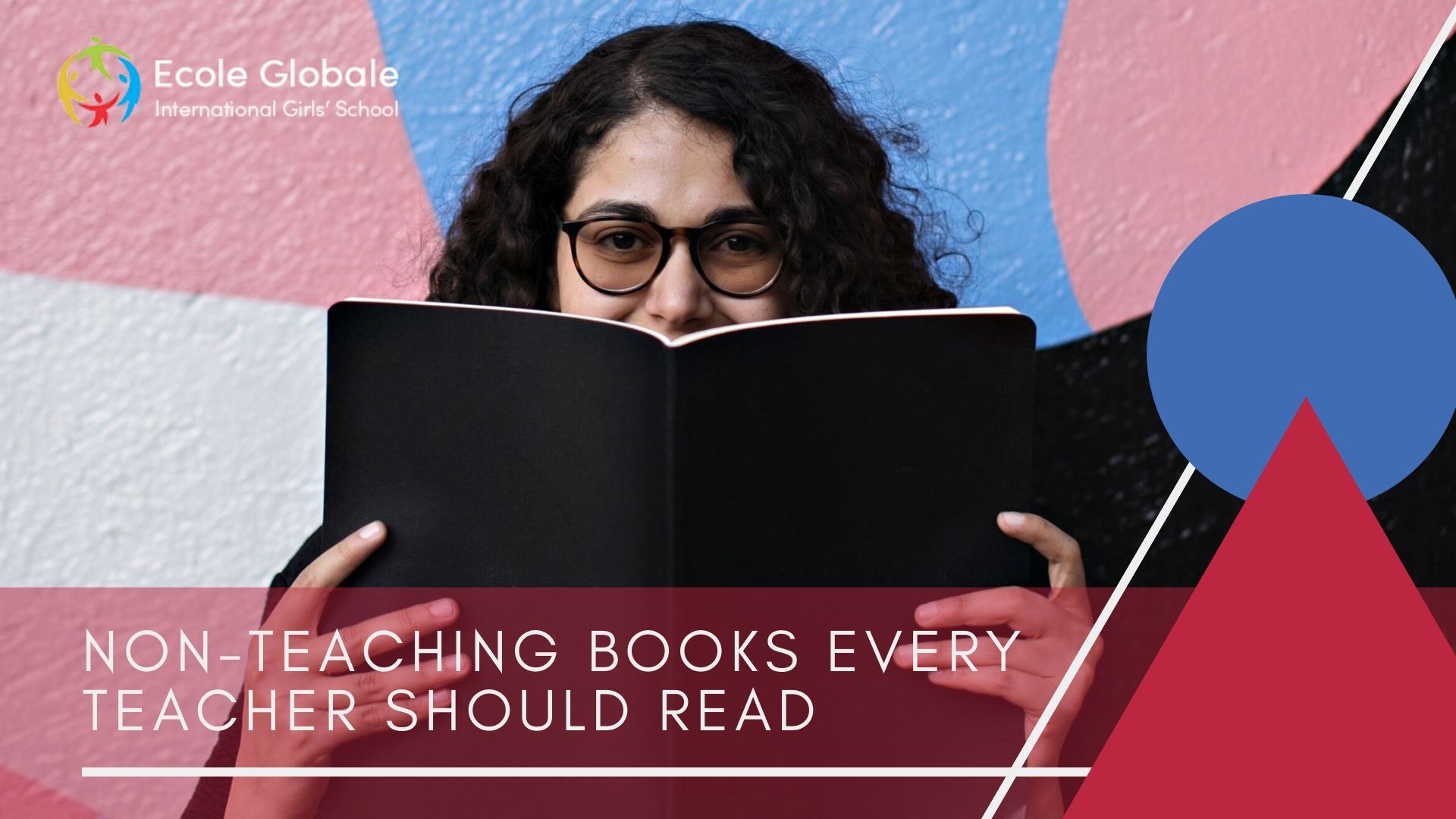There are some crucial jobs which are more daring than becoming an educator. However, the teachers also have to turn up with their inspirational lesson strategies, timetables, and assignments. These come even before they enter the classroom, and as any experienced teacher will inform you, it’s better to look forward to the unpredictable in that part. Teachers will come across hounding, lack of respect, aggravation, pleasure, love, and victory throughout their career.
It’s an occupation for which no boarding school, college and university can fully get anyone ready. Luckily, there are tons of books written by many teachers that tell about real stories, tips, tricks, and inspiration that will make the transition from college campus to a primary or secondary school teacher that is quite easy.
Some of the non-teaching books that cover the whole things apart from subjective courses, and inspire not only students but educators as well, so here are a few interesting non-teaching books for teachers to include in their to- be- read list-
A New Culture of Learning: Cultivation Imagination for a World of Constant Change
by Douglas Thomas and John Seely Brown
Thomas and Brown are both prominent researchers who emphasized the functional technology that plays a great role in social transform and learning procedure. In this book, they speak about the common question that how education can expect to sustain with the growing percentage of social and technological progress and revolution. Their response is to give a theory of education that holds transformation. This book has highlighted mainly on modernism, play and the development of thoughts. This doesn’t mean that education will be continually moving on the same wavelength with every development sector in our world, and thus it says how to find your feet and discover as speedily and flexibly as the society around them.
The Psychology of Intelligence
by Jean Piaget
Piaget has clearly announced his thought in the book “best psychologist of the twentieth century” by Psychology Today, and it is one of the original statistics in growing psychology. His fantastic job on child development and education are still state-of-the-art for the subjects. In The Psychology of Intelligence, he describes the psychological systems at work in the method of education and the growth of brain power eventually. This is an invaluable gap in the most basic psychological systems of education.
Democracy and Education
By Dewey
Dewey was an imperative and top American thinker plus one of the original figures in practical psychology. But he is renowned for his writing on different education aspects. In this typical text from 1916, Dewey said about the innermost significance of public education in offering a well-versed and academically dynamic democratic society.
Creating Innovators: The Creation of Young People Who Will Transform the World
by Tony Wagner
Wagner mainly highlights on success tales or stories, such as Kirk Phelps who was the project manager for Apple’s first iPhone, and asks what it was important about their education and prior experiences that let them become a successful person in the world of innovative business. Finally, he sets a great vision for an education system that cultivates the flow of innovation through play and the back-up of both fervor and a dedication to a life of principle.
Social Media for School Leaders: A Complete Guide for Achieving the Most out of Facebook, Twitter, and Other Vital Web Tools
Have you ever marveled if Twitter or Facebook is used to enhance parent association in their children’s education? Have tried to put up questions whether such mechanisms can be used to healthier teamwork among teachers? Hence, this book has all such answers you want to know.
Dixon utilizes his several years of experience to deliver approaches for how social media can augment community participation in education to the advantage of teachers and students similarly.
Not For Profit: Why Democracy Requires the Humanities
by Martha C. Nussbaum
Nussbaum is a winning thinker and lecturer of law at the University of Chicago. In this degree, leaving her more technical tasks, she delivers an unremitting disagreement for the significance of the open-minded arts at each level of education.
Nussbaum raises questions on the humanities, with art, history and literature, offer a strong base for our logic of interconnections. They also offer crucial judgment skills. Without using these two elements, a strong democracy cannot be preserved.
The Optimistic Child: A Verified Program to Defend Children Against Melancholy and Build All-Time Flexibility
by Martin E. P. Seligman
Next to the psychological topic from Piaget, we have Seligman’s innovative job on how we approach the education of children that influences not only their awareness and knowledge but also their mental composition. In this book, it explains how to manage the world and that in turn incorporates the wisdom of what we can and cannot achieve in addition to what we should and should not look ahead to. As Seligman recommends, as it offers the correct approach and vision of the world from the start that can assist a mind that remains stress-free throughout life.









